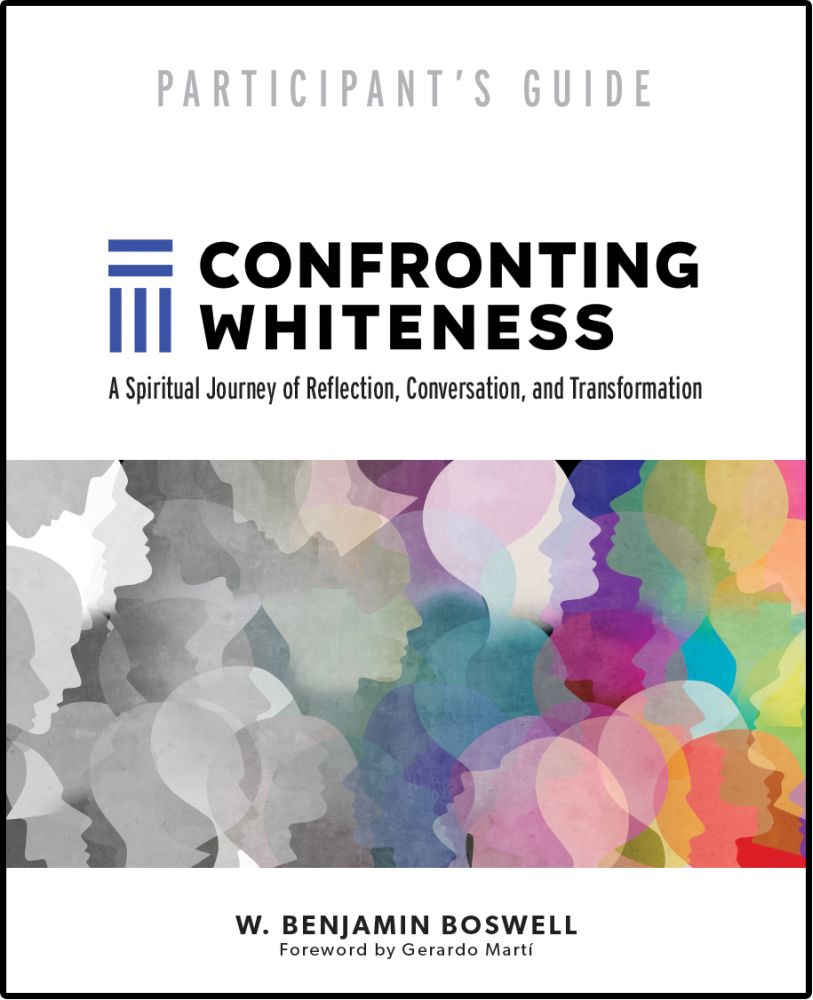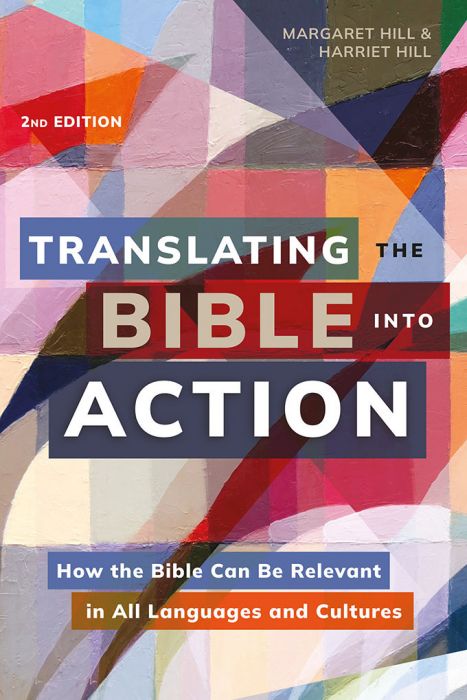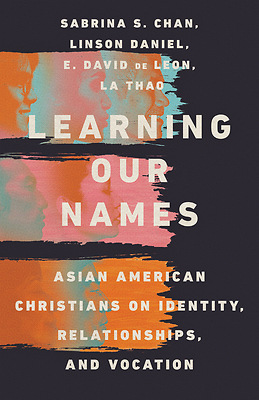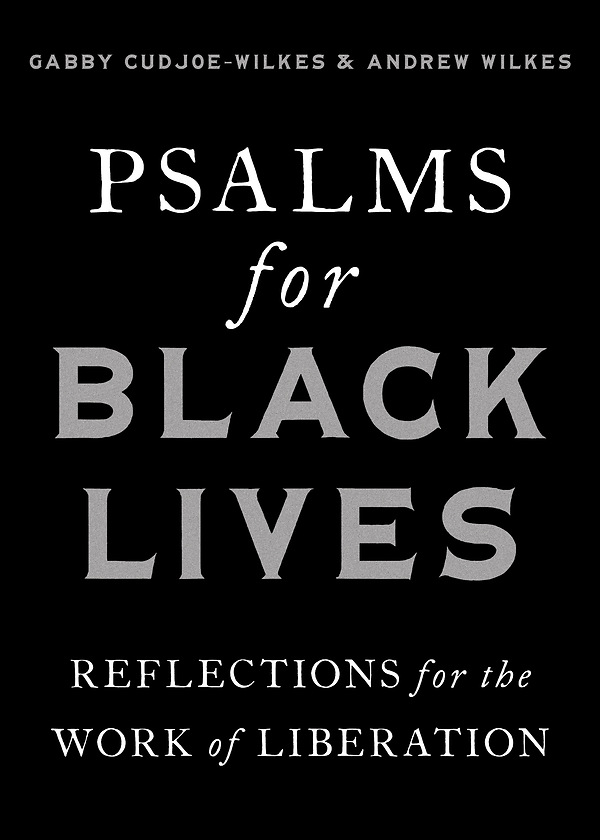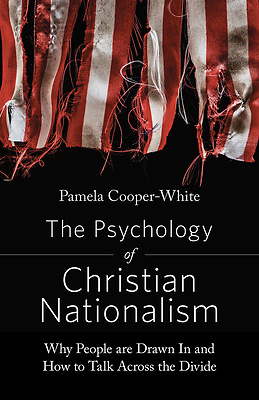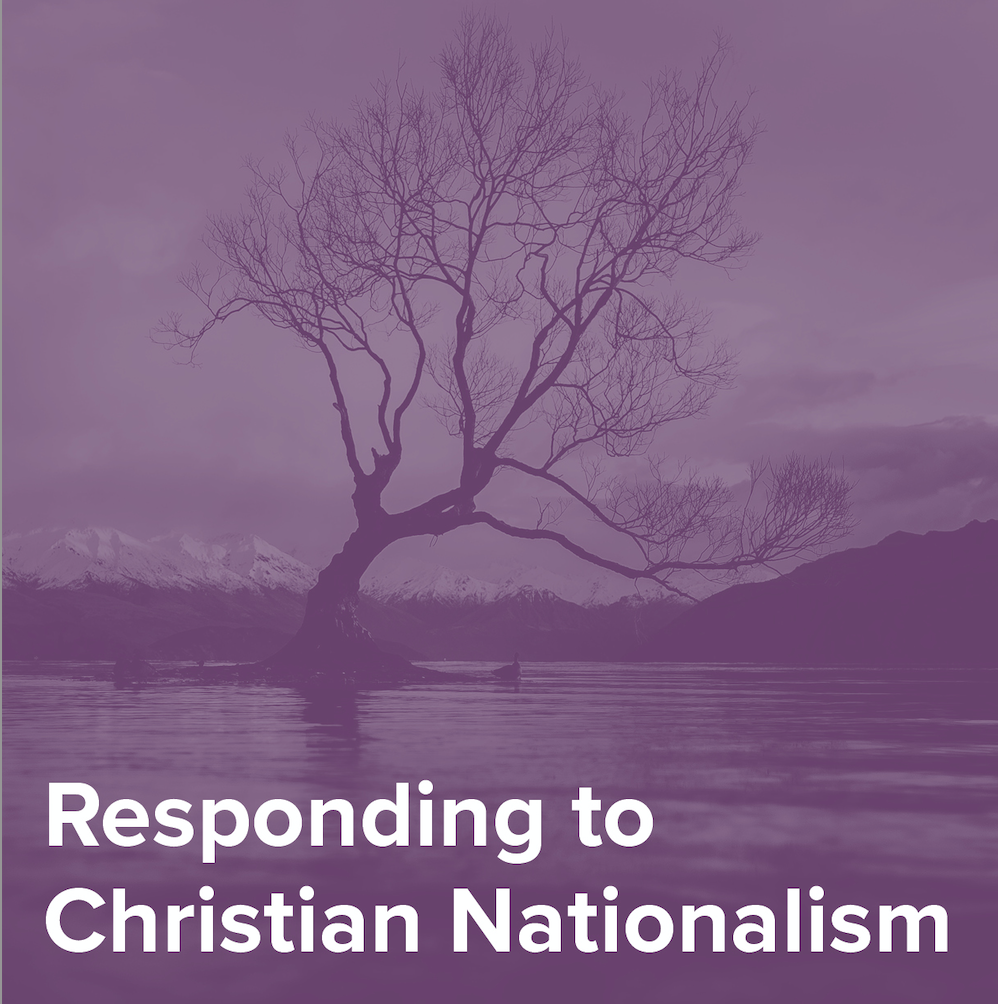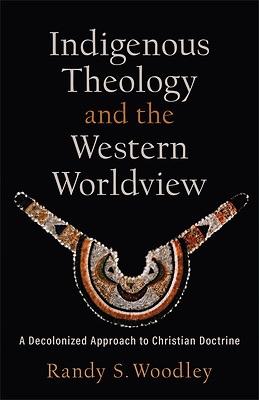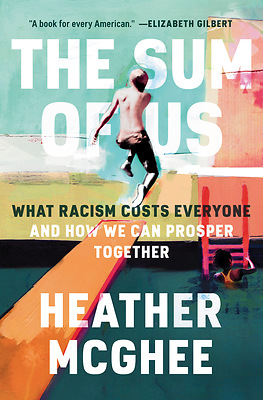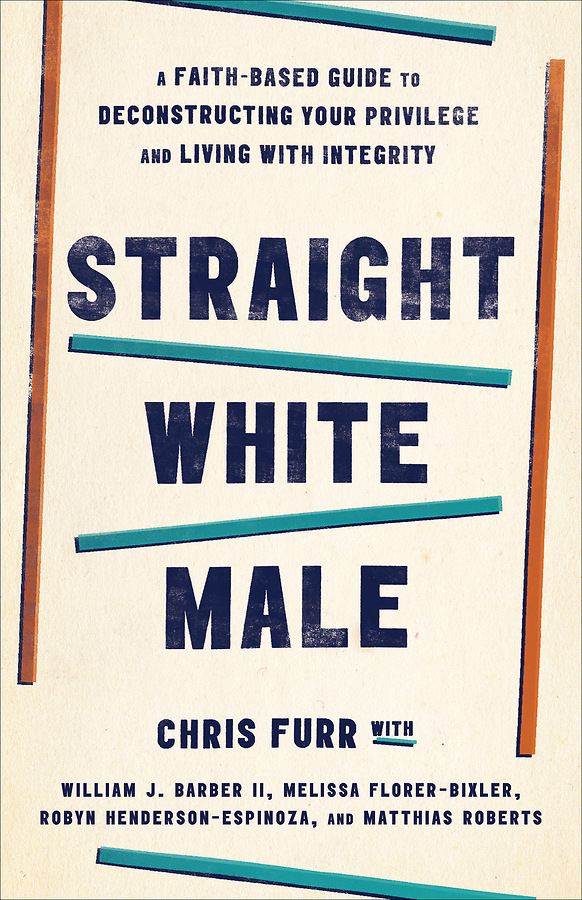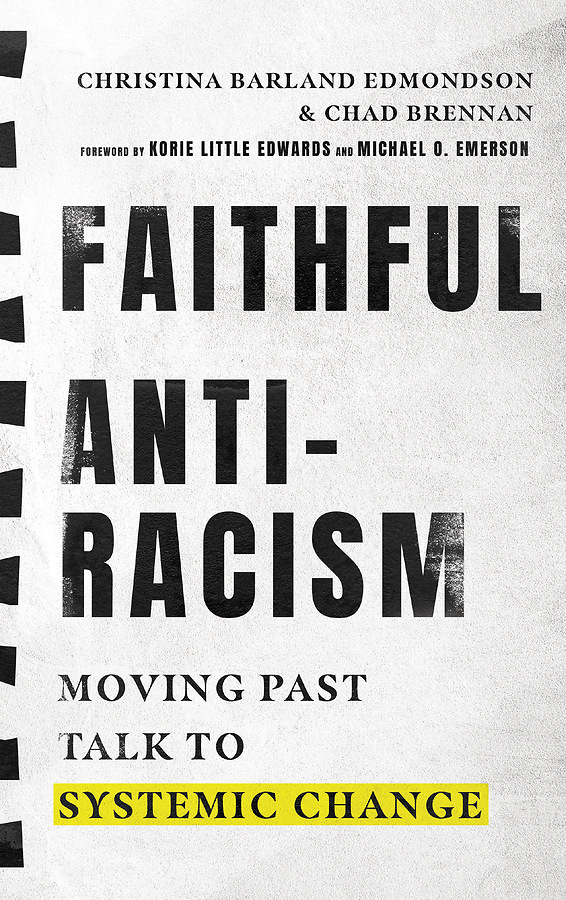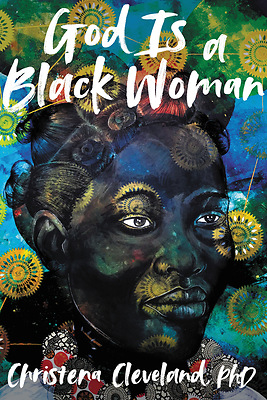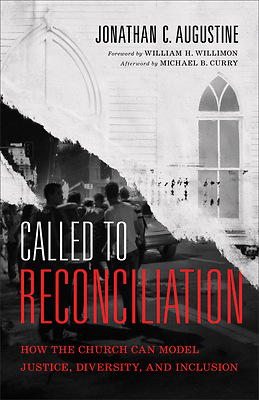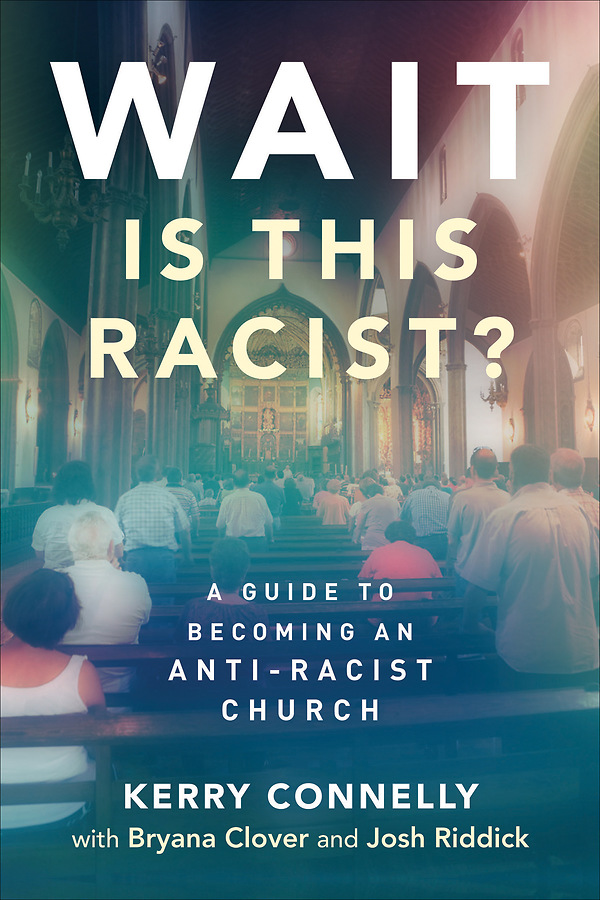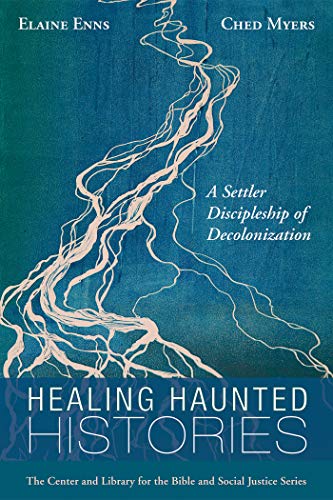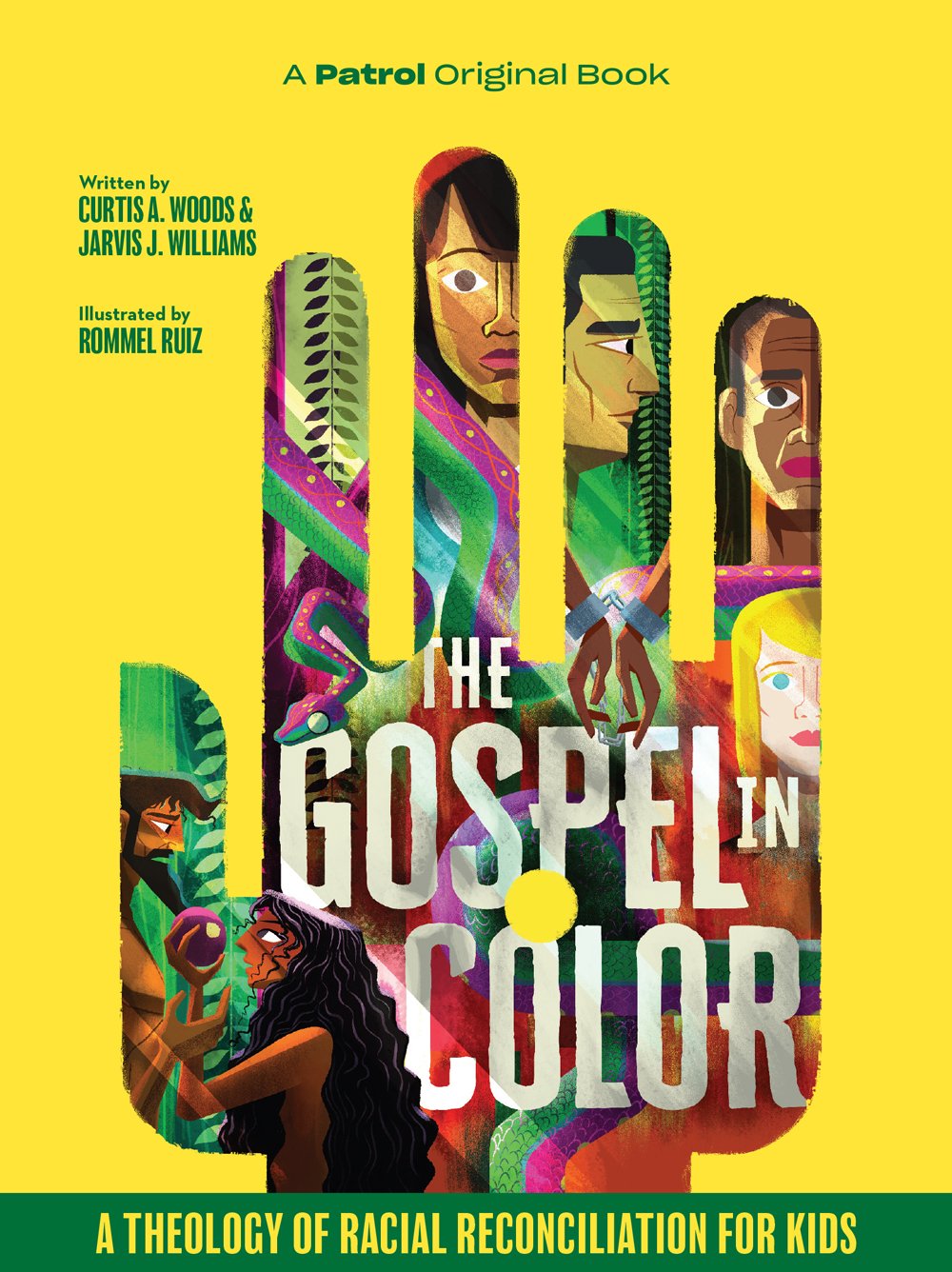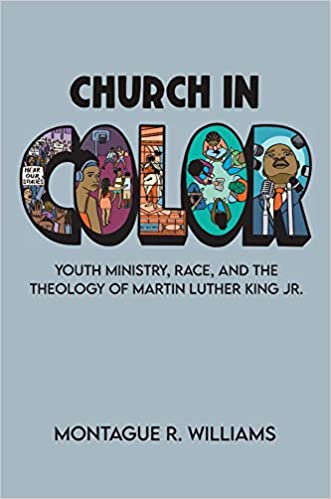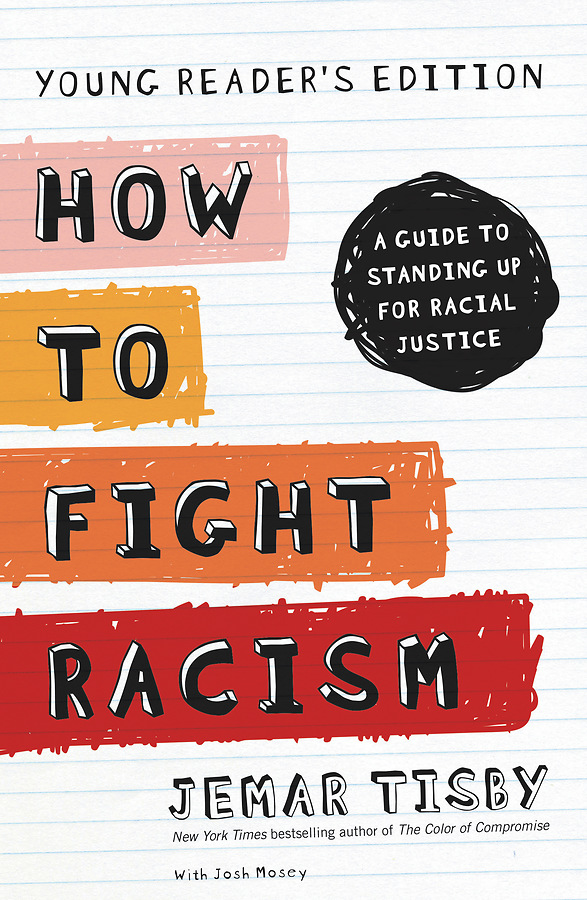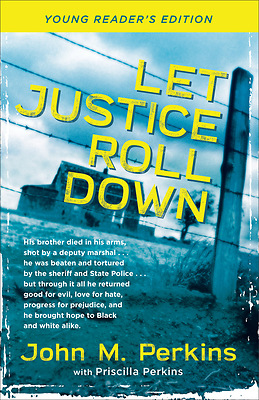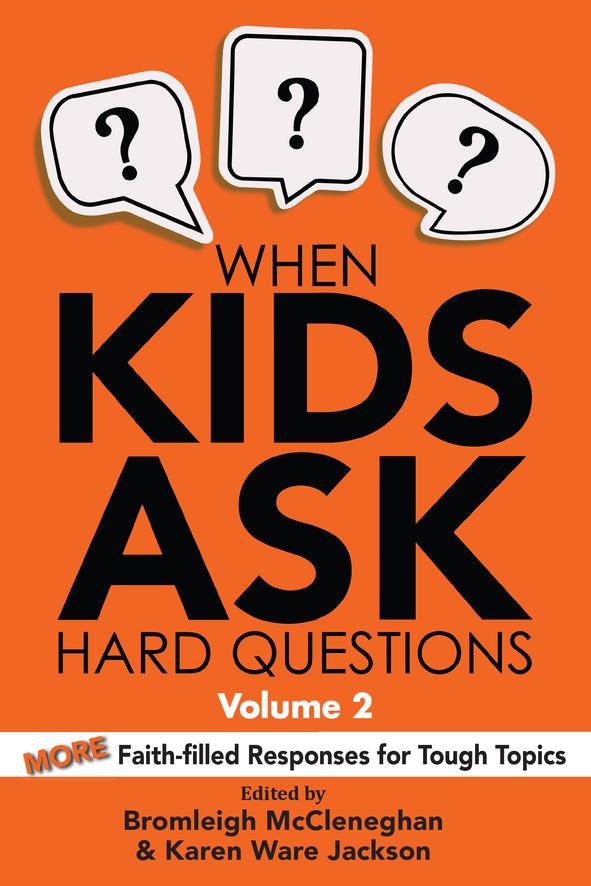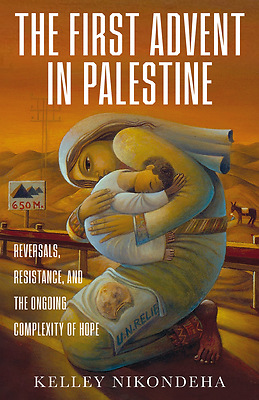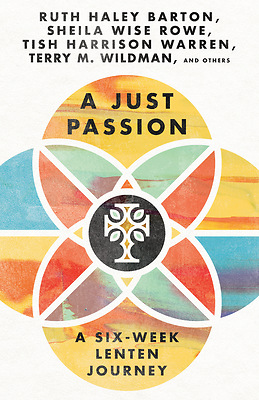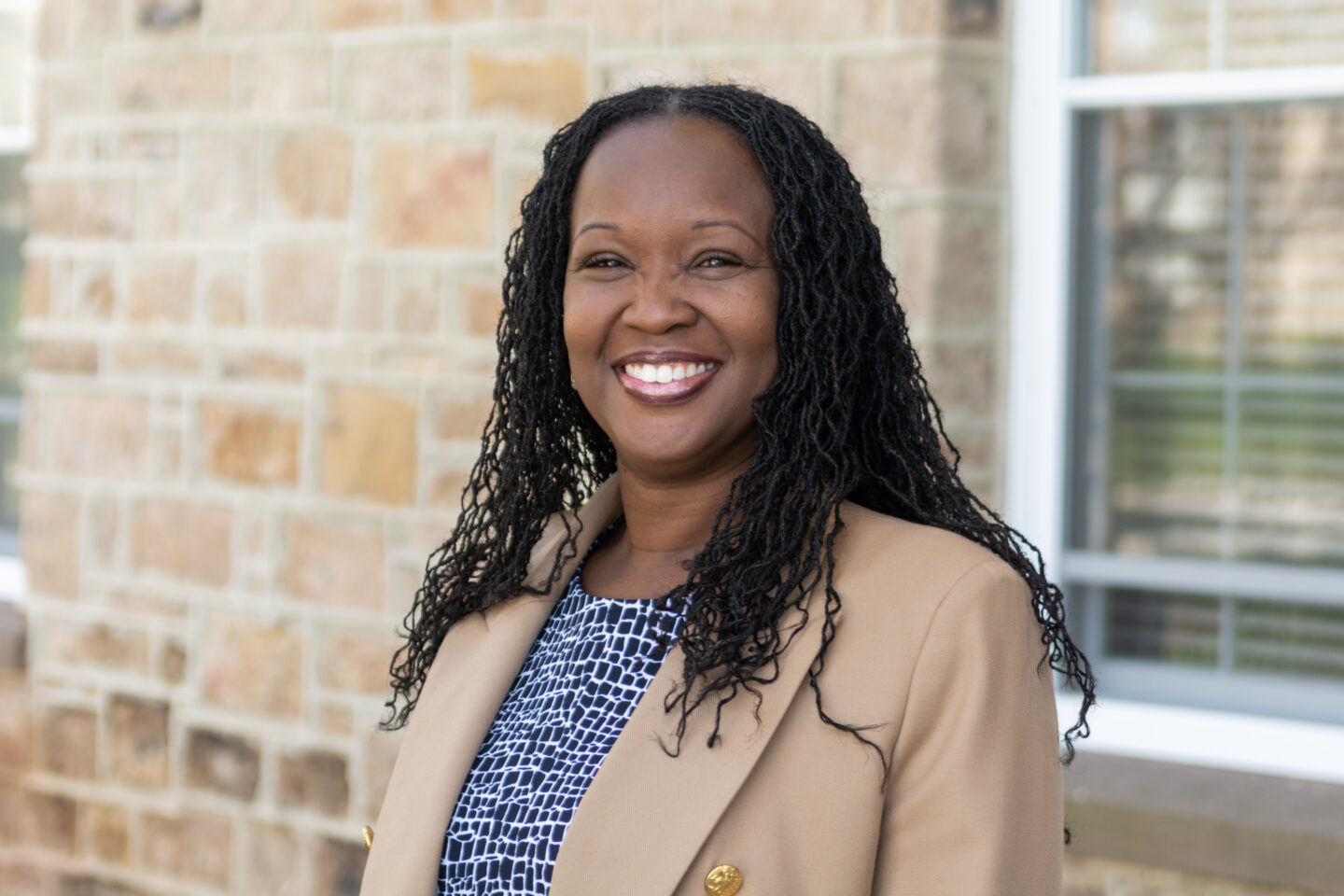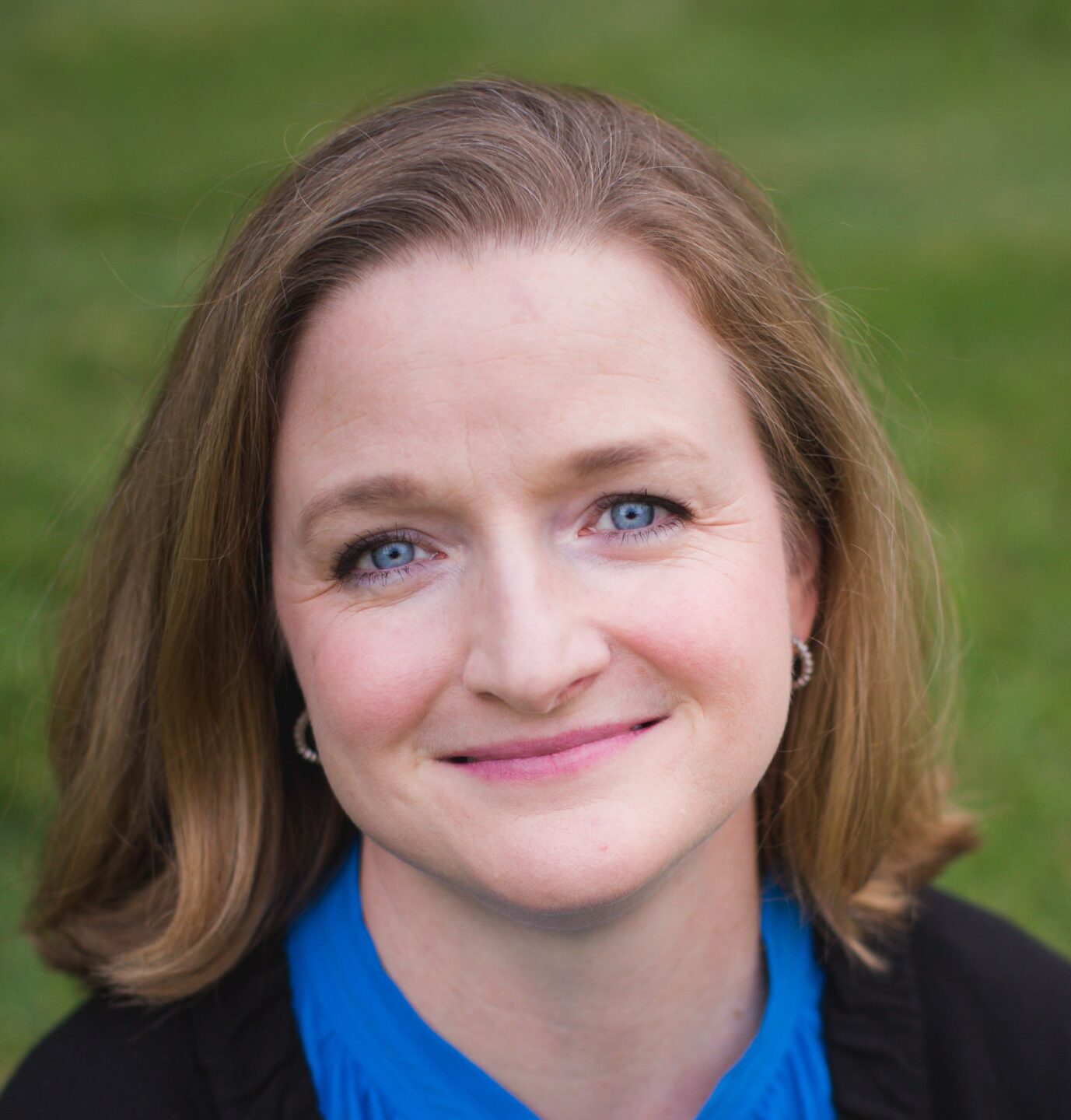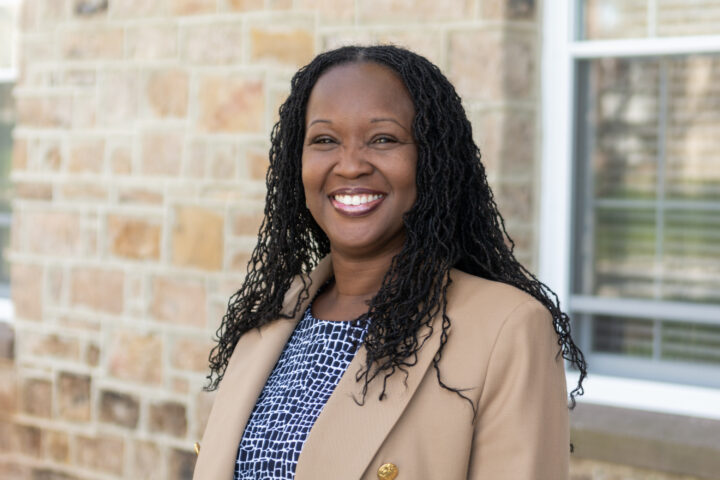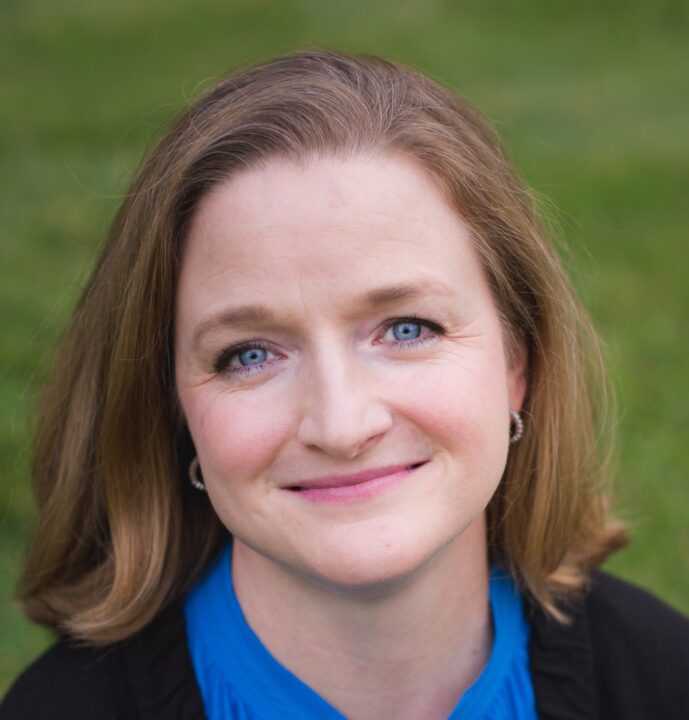Hispanic Heritage Month is September 15th through October 15th. This year, we are highlighting Hispanic/Latinx authors in our collection.
As immigration is an ongoing issue, and this is an election year, we are also highlighting our resources that help to provide a biblical perspective. We have Bible studies and DVD documentaries that share immigration stories, history, politics, and scriptural interpretation.
Last year, we shared our Resources for Ministry with the Hispanic/Latinx Community that includes resources in Spanish and English for all ages.
You can find a complete list of our related resources in the Hispanic/Latinx Ministry Pathfinder.
Hispanic/Latinx Authors
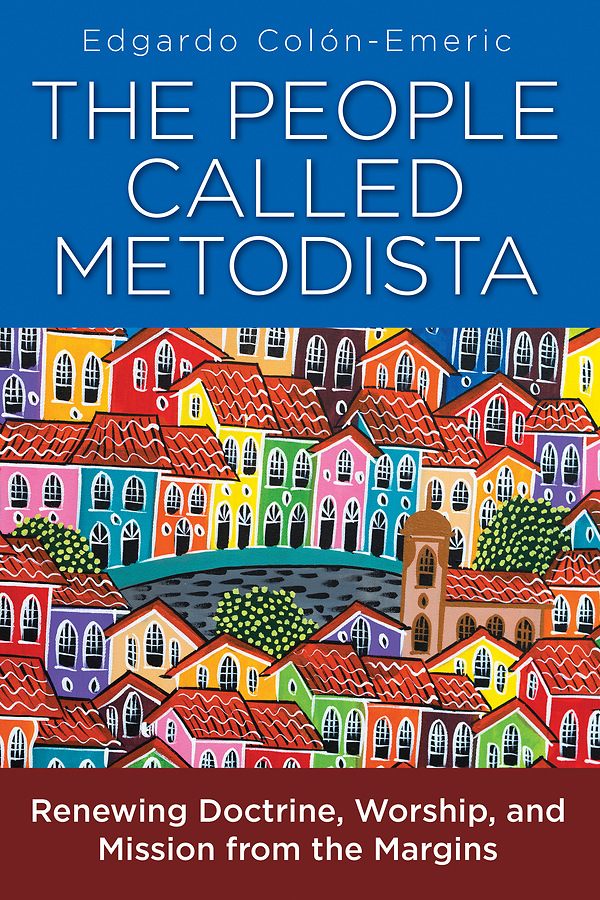
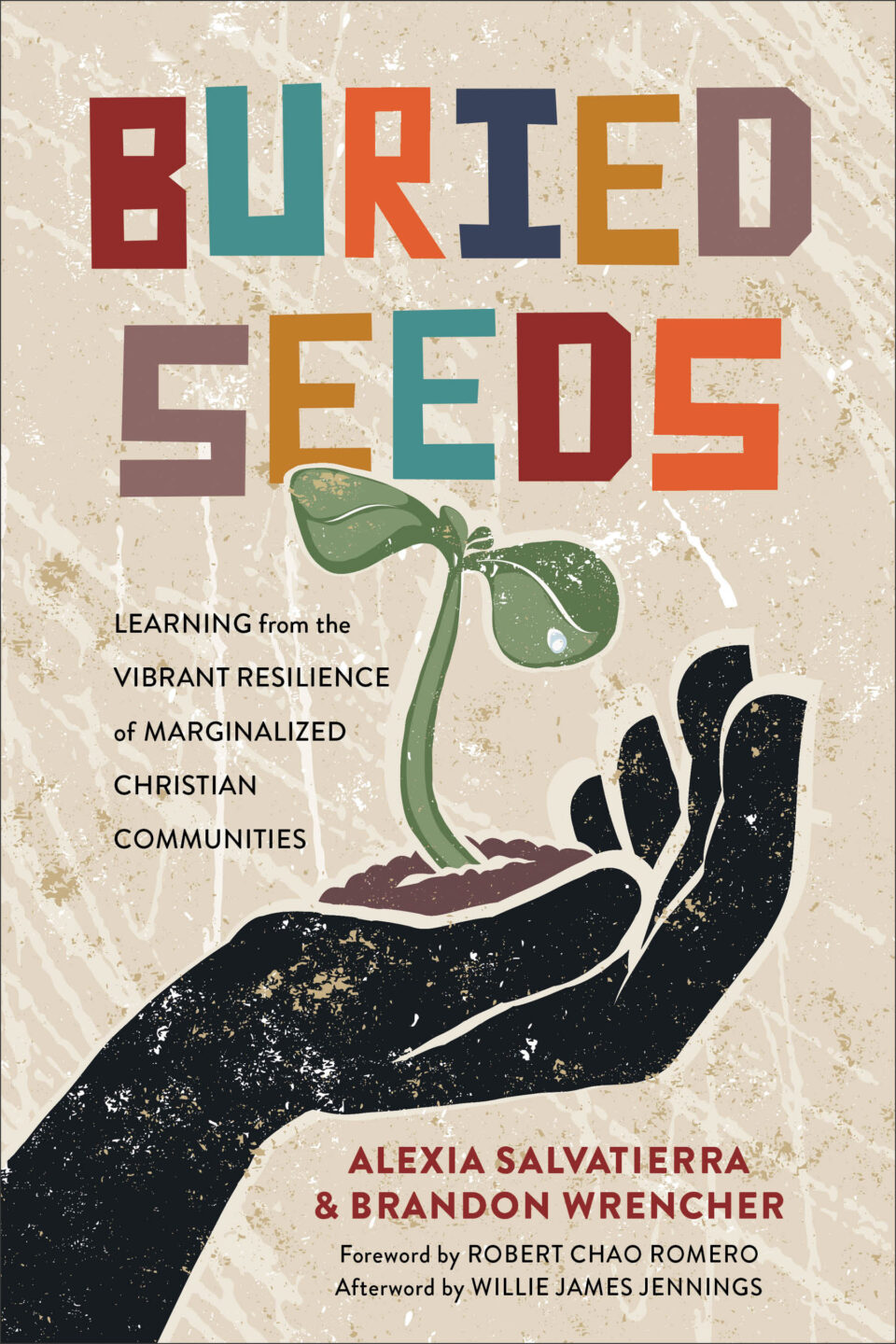
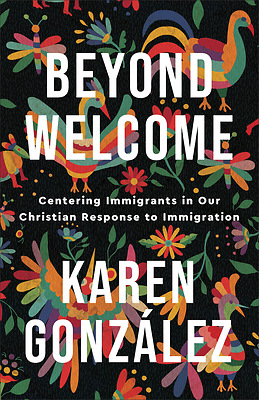
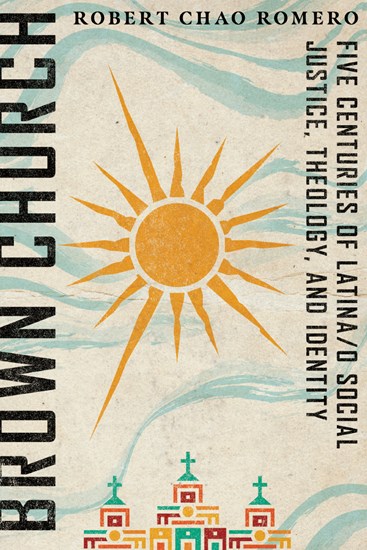
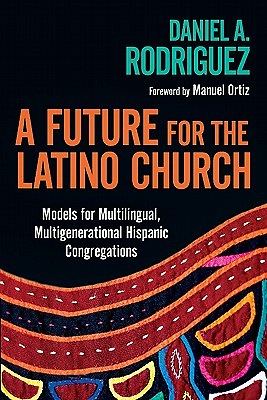
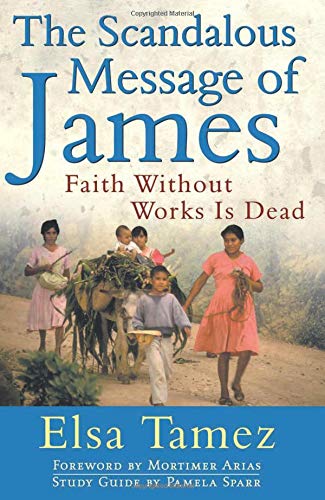
The People Called Metodista: Renewing Doctrine, Worship, and Mission from the Margins by Edgardo Colón-Emeric. Church renewal burns with fiery passion among the LatinX pueblos and barrios, and this energy in Latin America can be harnessed to reform doctrine, worship, and the core purpose of Methodists.
Buried Seeds: Learning from the Vibrant Resilience of Marginalized Christian Communities by Alexia Salvatierra and Brandon Wrencher. This book will help readers learn how to integrate vibrant Christ-centered faith and mission with world-changing social justice and political action. It includes compelling on-the-ground stories from multiethnic communities expressing alternative ministry models.
Beyond Welcome: Centering Immigrants in Our Christian Response to Immigration by Karen González (Available in October 2022). A Guatemalan immigrant, González draws from the Bible and her own experiences to examine why the traditional approach to immigration ministries and activism can be at best incomplete and at worst harmful.
Brown Church: Five Centuries of Latina/o Social Justice, Theology, and Identity by Robert Chao Romero. Robert Chao Romero, the son of a Mexican father and a Chinese immigrant mother, explores the history and theology of what he terms the “Brown Church.”
A Future for the Latino Church: Models for Multilingual, Multigenerational Hispanic Congregations by Daniel A. Rodriguez. Daniel Rodriguez argues that effective Latino ministry and church planting are now centered in second-generation, English-dominant leadership and congregations.
The Scandalous Message of James: Faith Without Works is Dead by Elsa Tamez. Now with a detailed study guide, this book can be used by Christians everywhere to study the radical message of James and reflect on what it means to be a true Christian.
Jorge Acevedo
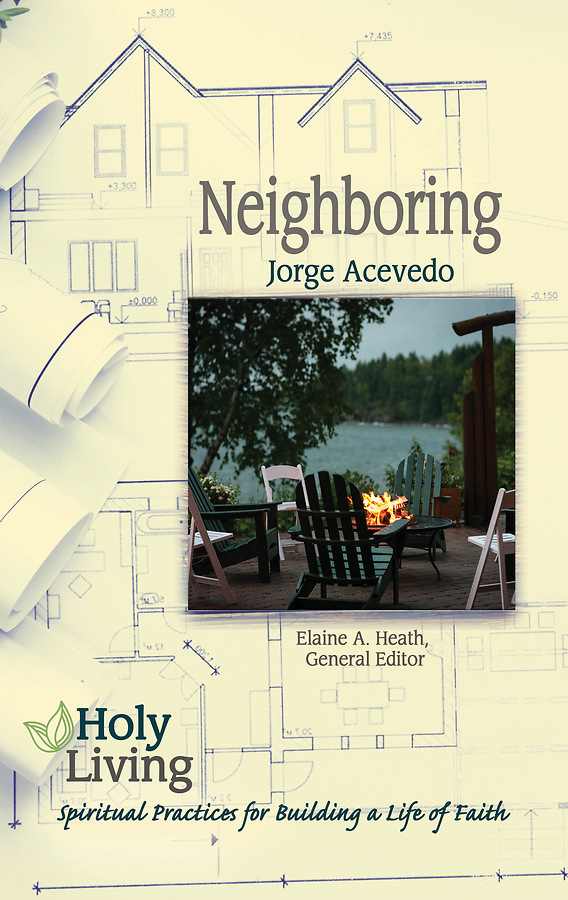
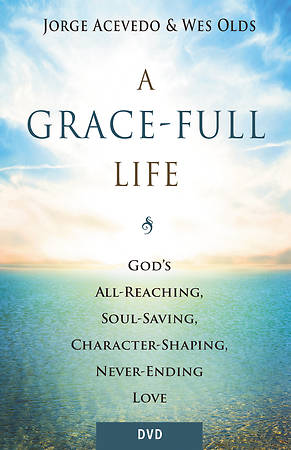
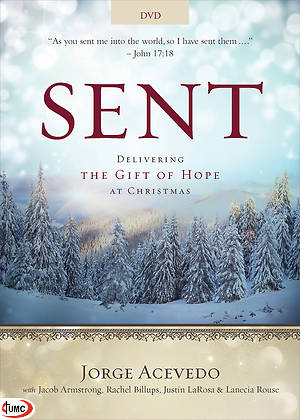
Jorge Acevedo is the Lead Pastor at Grace Church, a multi-site United Methodist congregation in Southwest Florida. He has authored these titles in our collection:
- Neighboring (Book study)
- Grounded in Prayer: A Community Group Resource (DVD study)
- A Grace-Full Life: God’s All-Reaching, Soul-Saving, Character-Shaping, Never-Ending Love (DVD study)
- Sent: Delivering the Gift of Hope at Christmas (DVD study)
- Vital: Churches Changing Communities and the World (Book)
Justo L. González
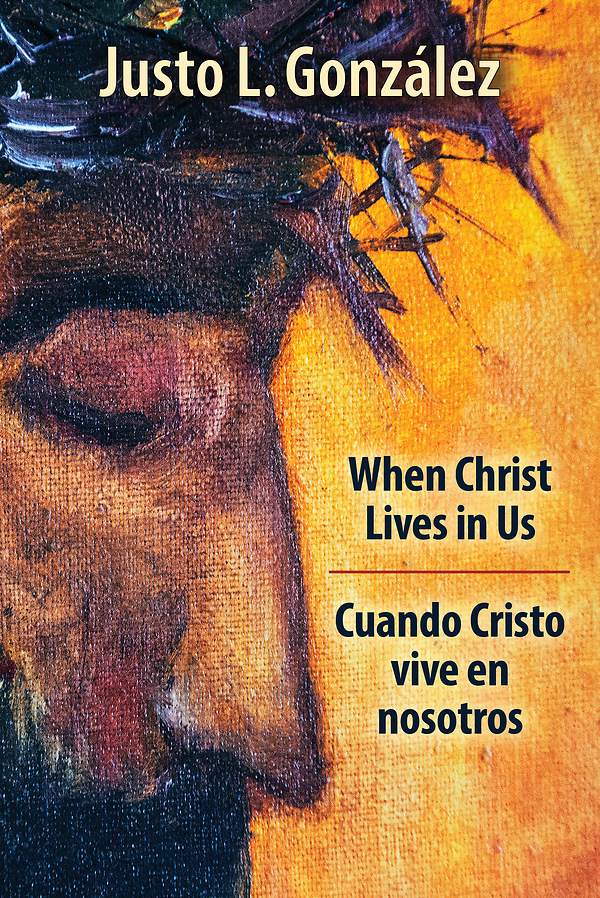
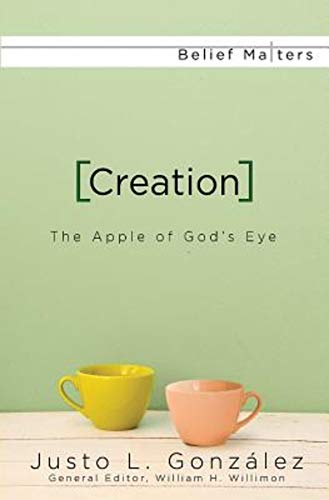
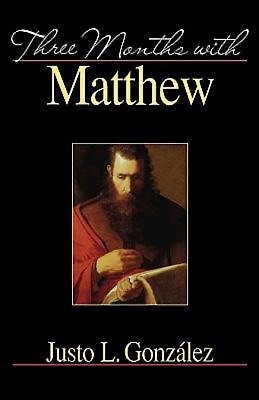
Justo L. Gonzalez is a Methodist elder and theologian who has taught at the Evangelical Seminary of Puerto Rico and Candler School of Theology, Emory University. He has authored these titles in our collection:
- When Christ Lives in Us / Cuando Cristo Vive en Nosotros (Book study)
- Creation: The Apple of God’s Eye (Book study)
- Three Months with Matthew (Book study)
- Tres Meses en la Escuela de Juan: Estudios Sobre el Evangelio de Juan (Book study)
Immigration Resources
Books
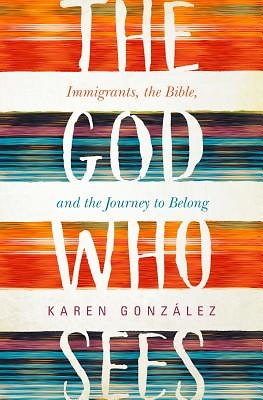
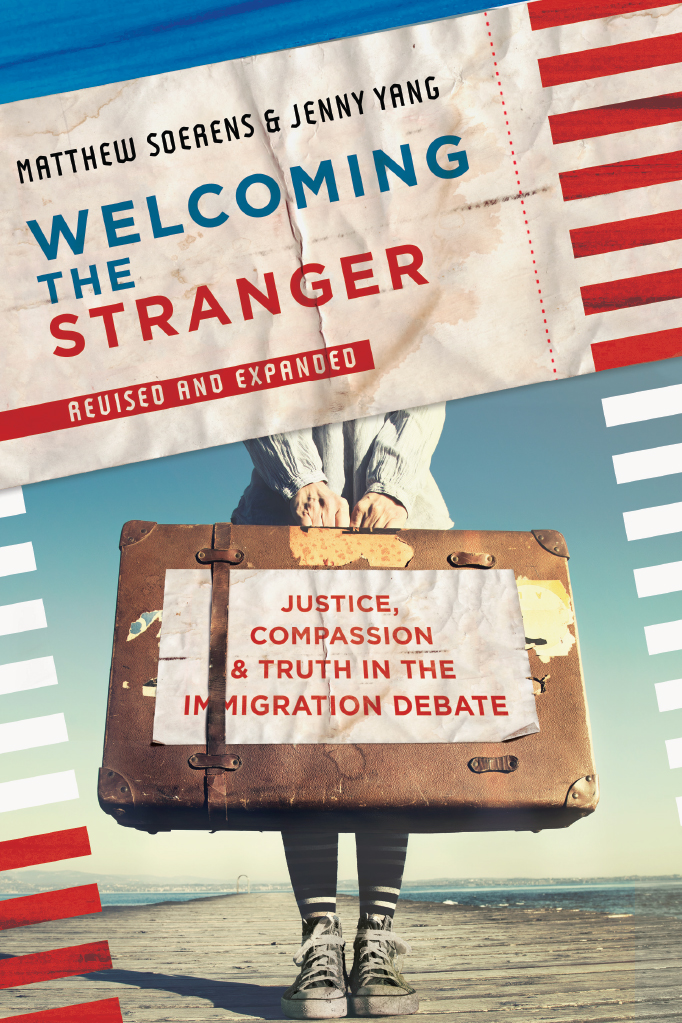
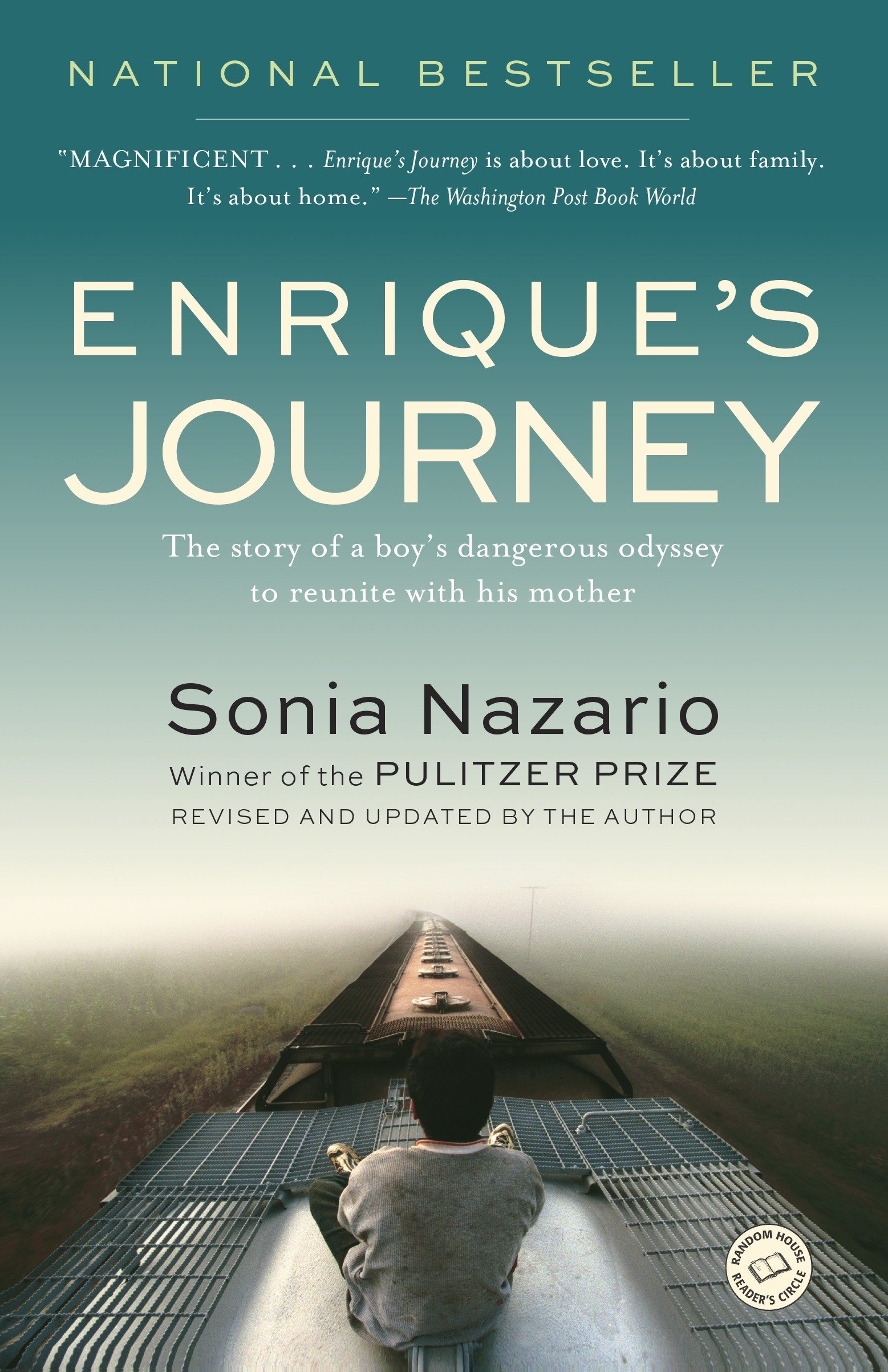
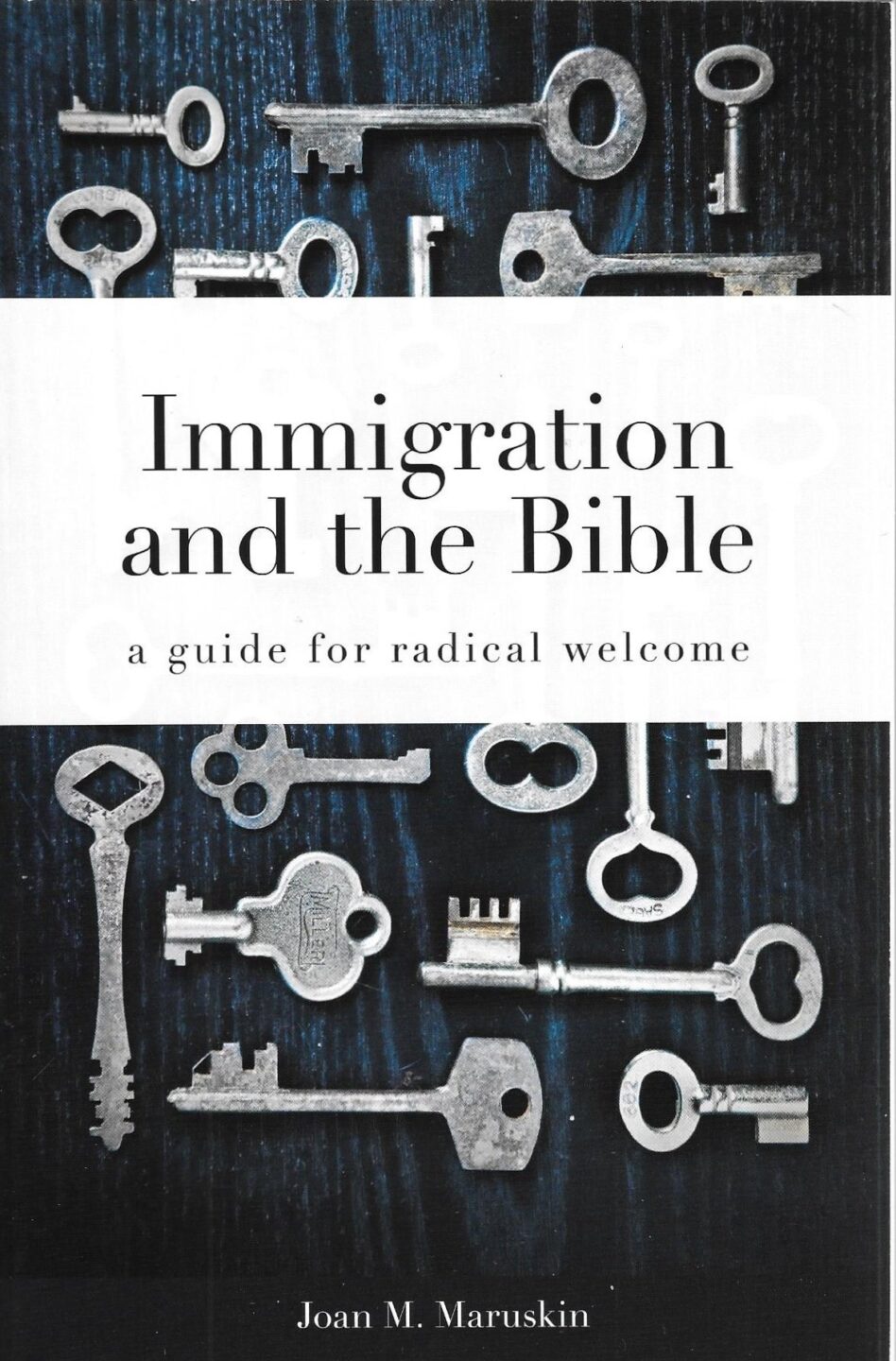
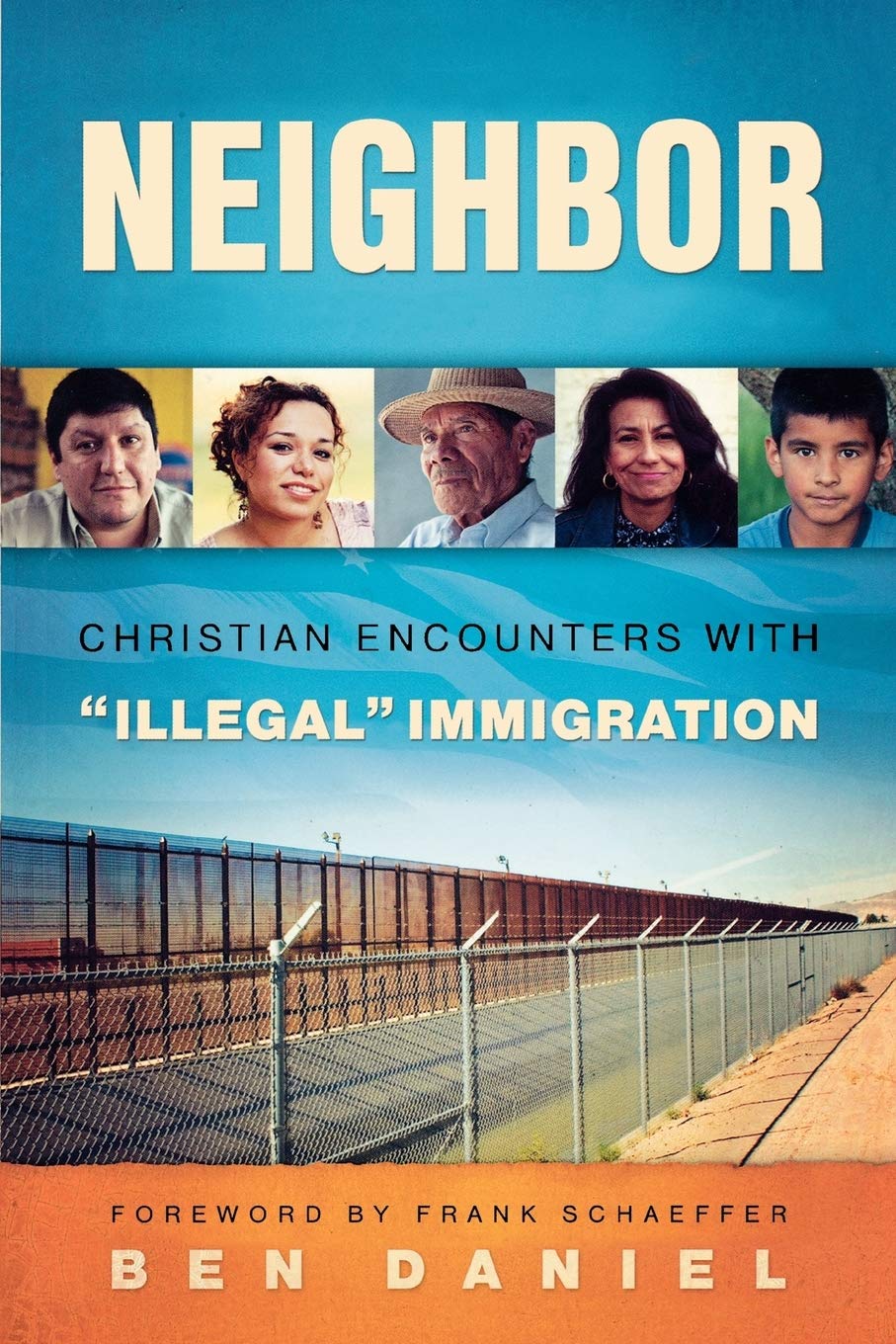
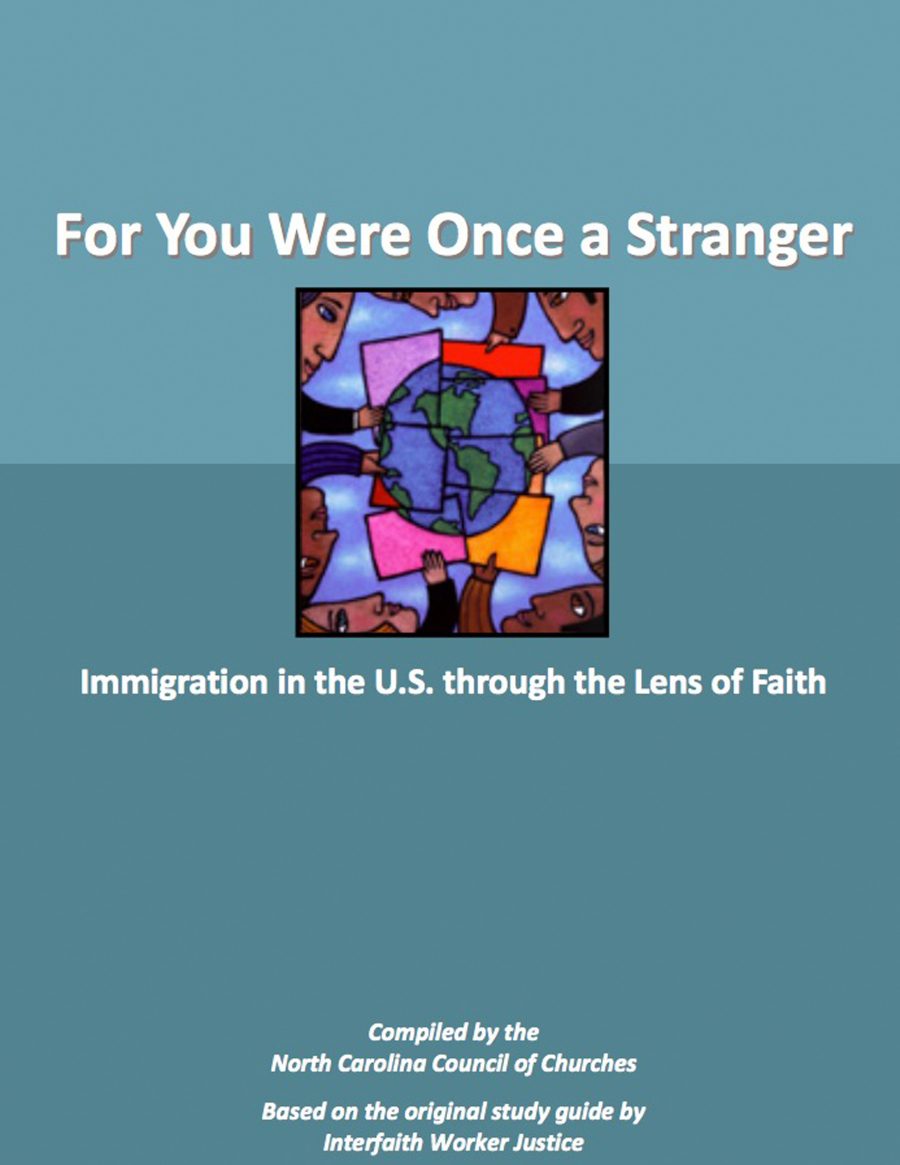
The God Who Sees: Immigrants, the Bible, and the Journey to Belong by Karen González. Immigration advocate Karen González recounts her family’s migration from the instability of Guatemala to making a new life in Los Angeles and the suburbs of south Florida. Here, too, is the sweeping epic of immigrants and refugees in Scripture. Abraham, Hagar, Joseph, Ruth: these intrepid heroes of the faith cross borders and seek refuge.
Welcoming the Stranger: Justice, Compassion & Truth in the Immigration Debate by Matthew Soerens & Jenny Yang. World Relief immigration experts move beyond the rhetoric to offer a Christian response to immigration. They put a human face on the issue and tell stories of immigrants’ experiences in and out of the system.
Enrique’s Journey by Sonia Nazario. Based on the Los Angeles Times series that won two Pulitzer Prizes, this is a timeless story of families torn apart. It tells of an epic journey, one thousands of children make each year to find their mothers in the United States.
Immigration and the Bible: A Guide for Radical Welcome by Joan M. Maruskin. Sharing the story of the Bible as a narrative of immigrants and migration, this study explores the biblical and theological understandings of immigration, immigrants and migration. A Spanish version is also available.
Neighbor: Christian Encounters with “Illegal” Immigration by Ben Daniel. Using a blend of travel narrative, interviews, theological insight, and biblical scholarship, Daniel tackles the controversial issues that surround undocumented migration in the United States by taking the reader to the spiritual, legal, and geographical front lines of the immigration debate.
For You Were Once a Stranger: Immigration in the U.S. through the Lens of Faith: An Eight-Week Study Guide on Immigration for People of Faith compiled by the North Carolina Council of Churches. To think theologically about immigration may not provide people of faith with specific policy solutions, but inevitably it does change the nature of the debate itself, transposing it from the realm of fear and scarcity to the realm of love, generosity, and abundance.
DVDs

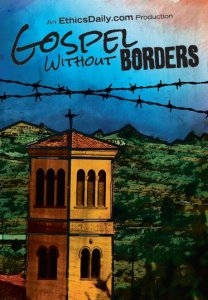
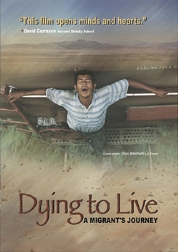
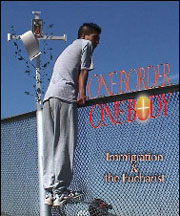
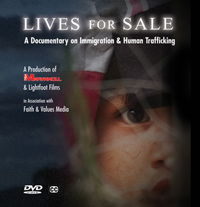
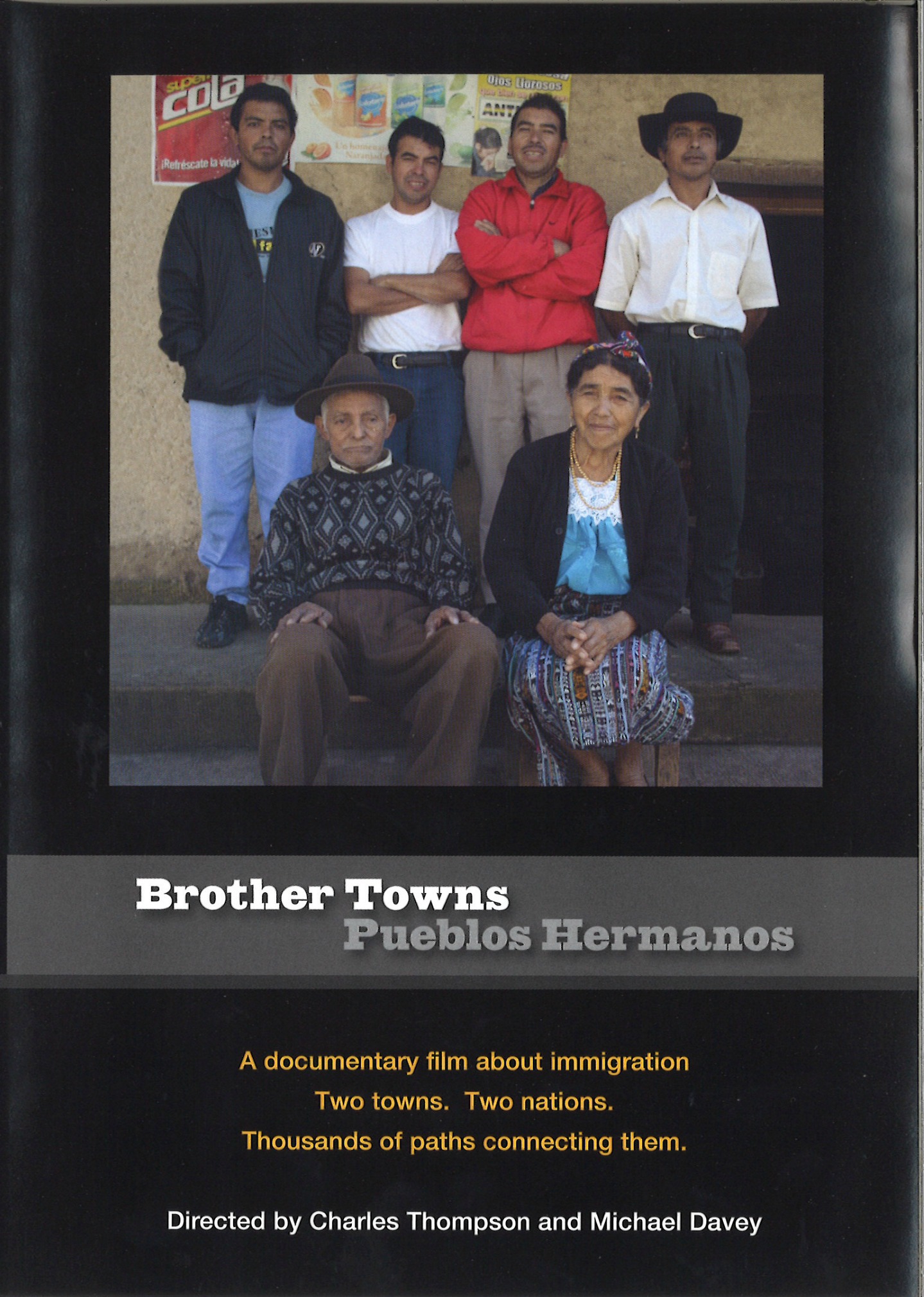
The Stranger: Immigrants, Scripture and the American Dream. By highlighting biblical teaching related to immigrants, sharing compelling stories of immigrants who are also evangelical Christians, and addressing some common economic and political misconceptions, The Stranger seeks to mobilize evangelical Christians to respond to immigrants and to immigration policy in ways that are consistent with biblical principles.
Gospel Without Borders. This documentary separates myth from fact, examines what the Bible says about treatment of the “stranger,” shows the experiences of documented and undocumented immigrants, and provides handles for Christians to advance the common good.
Dying to Live: A Migrant’s Journey. Drawing on the insights of Pulitzer Prize-winning photographers, theologians, Church and congressional leaders, activists, musicians, and the immigrants themselves, this film exposes the places of conflict, pain, and hope along the US-Mexico border.
One Border, One Body: Immigration & the Eucharist. In the dry, rugged, and sun-scorched terrain where many immigrants lose their lives, bishops, priests, and lay people come together each year to celebrate the Eucharist.
Lives for Sale: A Documentary on Immigration & Human Trafficking. While politicians, activists, and the media wrestle with the thorny issue of immigration, this new investigative documentary exposes the painful, rarely seen human side of illegal immigration, especially the growing black market trade in human beings.
Brother Towns / Pueblos Hermanos. This documentary, filmed in both Guatemala and the U.S., chronicles how and why people migrate across borders, how people make and remake their communities when they travel far from home, and how people maintain families despite their travel.

